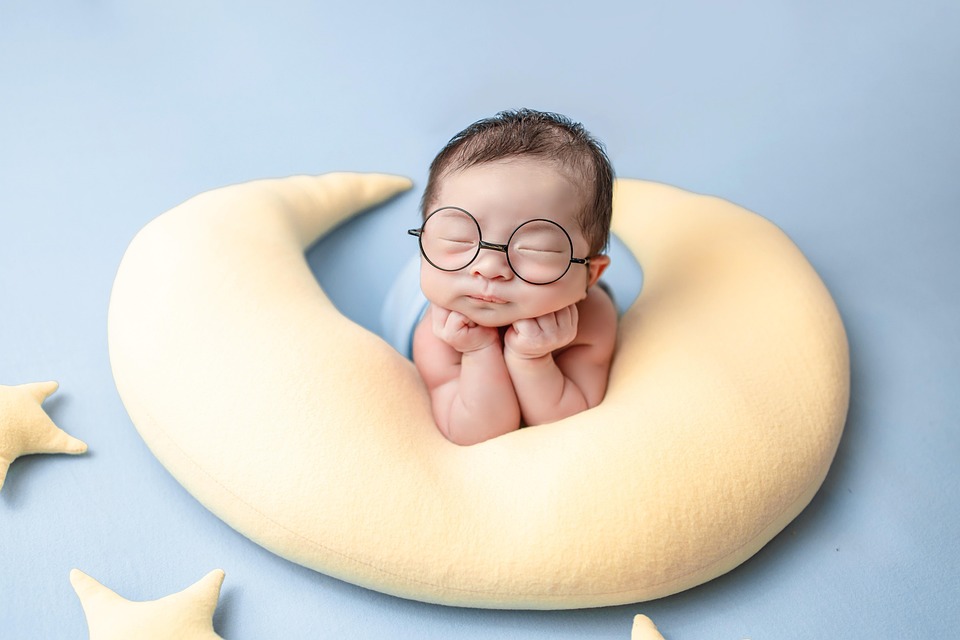For centuries, humans have been fascinated by the Moon and its potential influence on our daily lives. One of the most intriguing areas of study is the Moon’s effect on our sleep patterns. Research has shown that the lunar cycle can have a significant impact on the quality of our sleep, with some phases promoting deeper, more restful slumber and others leading to restless nights and vivid dreams.
The Lunar Cycle and Sleep
The Moon orbits the Earth in approximately 29.5 days, completing a full cycle of phases. The lunar cycle is divided into eight distinct phases, each with its unique characteristics and potential effects on our sleep. The main phases are:
- New Moon: The beginning of the lunar cycle, marked by the Moon’s invisible phase. This phase is often associated with new beginnings and renewed energy.
- Waxing Crescent: The Moon appears to be growing larger as it approaches the First Quarter phase. This phase is linked to increased activity, creativity, and a sense of progress.
- First Quarter: The Moon is half-illuminated, marking a turning point in the cycle. This phase is often associated with challenges, obstacles, and a need for adaptability.
- Waxing Gibbous: The Moon continues to grow, approaching the Full Moon phase. This phase is linked to increased emotions, intuition, and a sense of culmination.
- Full Moon: The Moon is fully illuminated, marking the peak of the lunar cycle. This phase is often associated with heightened emotions, energy, and a sense of completion.
- Waning Gibbous: The Moon appears to be decreasing in size as it approaches the Last Quarter phase. This phase is linked to release, transformation, and a sense of letting go.
- Last Quarter: The Moon is again half-illuminated, marking another turning point in the cycle. This phase is often associated with reflection, evaluation, and a need for adjustment.
- Waning Crescent: The Moon appears to be shrinking, approaching the New Moon phase. This phase is linked to introspection, rest, and renewal.
The Science Behind Lunar Influence on Sleep
While the exact mechanisms behind the Moon’s influence on sleep are not fully understood, research suggests that the lunar cycle can affect our sleep patterns in several ways:
- Gravitational Pull: The Moon’s gravitational force can affect the Earth’s tides, which in turn may influence our bodily rhythms and sleep-wake cycles.
- Lunar Light: The Moon’s illumination can suppress melatonin production, making it harder to fall asleep during full moon phases.
- Circadian Rhythms: The lunar cycle can synchronize our internal clocks, influencing our sleep-wake cycles and overall sleep quality.
Optimizing Sleep with the Lunar Cycle
By understanding the Moon’s phases and their potential effects on sleep, you can take steps to optimize your rest and improve the quality of your slumber:
- Plan Ahead: Schedule important tasks and activities during phases associated with increased energy and productivity, such as the Waxing Crescent and Waxing Gibbous phases.
- Prepare for Rest: During the Waning Gibbous and Waning Crescent phases, focus on relaxation, introspection, and self-care to prepare your body and mind for rest.
- Sync with the Moon: Try to go to bed and wake up in sync with the lunar cycle, allowing your body to align with the natural rhythms of the Earth and Moon.
Conclusion
The Moon’s phases have a profound impact on our sleep quality, with each phase presenting unique opportunities and challenges. By understanding the lunar cycle and its effects on our sleep patterns, we can take steps to optimize our rest, improve our overall well-being, and ride the tidal wave of dreams to a deeper, more restful slumber.


Leave a Reply